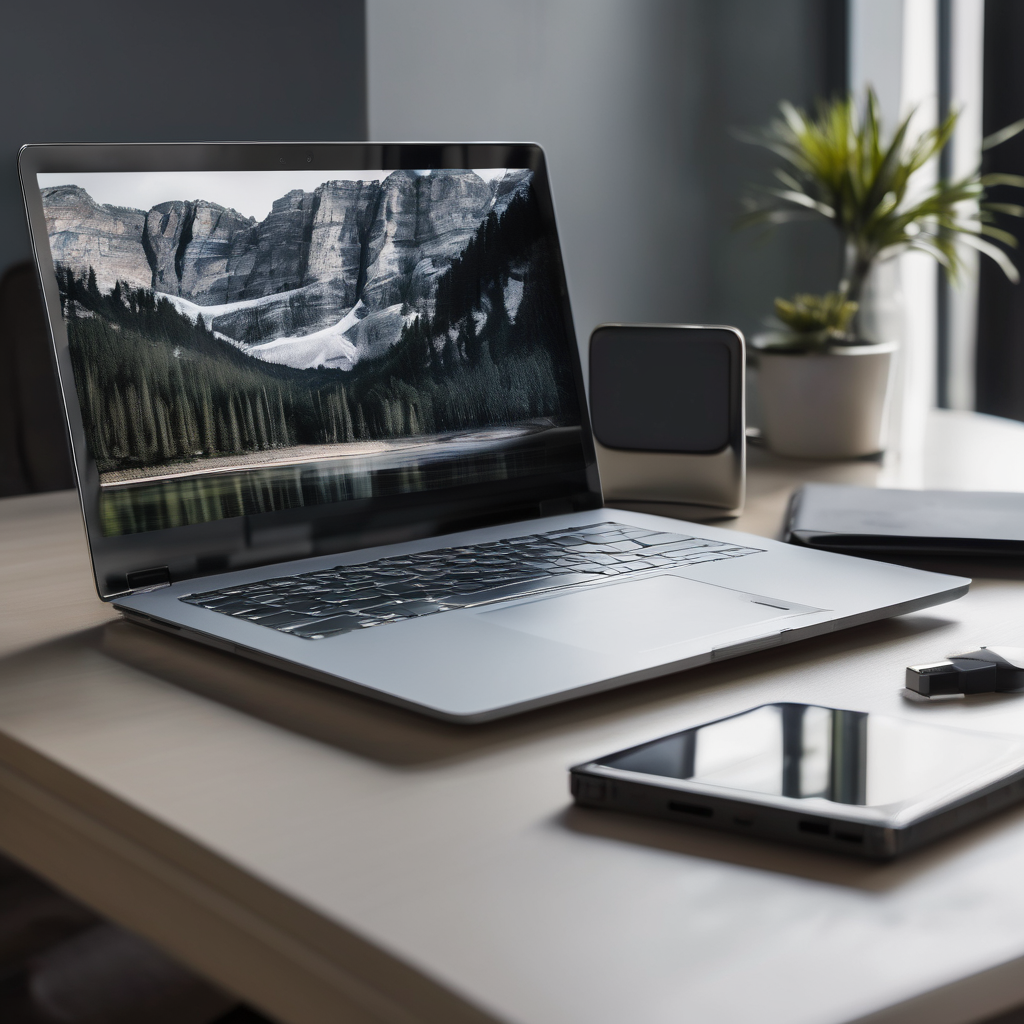Artificial intelligence music generation platform Udio recently announced a crucial 48-hour window starting Monday for users to download their songs before the platform undergoes a shift in its business model due to a legal settlement with Universal Music. This adjustment follows a court ruling regarding copyright infringement claims that Universal filed against Udio, which specializes in AI-generated music based on user prompts.
The urgency for users to retrieve their songs stems from a recent backlash against Udio after it suspended its download functionality, causing frustration among subscribers. In a heartfelt message on the Udio forum, the company expressed understanding of the user dissatisfaction, stating, “We know the pain it causes you,” and reaffirming its commitment to supporting artists and songwriters moving forward.
The terms of the settlement with Universal Music remain undisclosed, but the case highlights the ongoing discussions of copyright law and AI technology in the music industry. This shift arises amid increasing concerns among record labels regarding the unauthorized use of artists’ work. Universal Music, which represents major artists like Taylor Swift and Drake, has voiced worries about AI-generated songs from Udio that allegedly bore similarities to established hits.
Similar challenges in the industry reinforce the need for clarity regarding copyright in the era of AI. For example, AI company Anthropic recently settled for $1.5 billion over claims it illegally used hundreds of thousands of works from authors to train its models. Additionally, notable artists such as Paul McCartney and Elton John have raised alarms about the impact of AI technologies that could potentially jeopardize creators’ livelihoods by leveraging their works without adequate compensation.
In light of these developments, the agreement between Udio and Universal Music holds promise for future projects that balance artists’ rights with technological innovation. Udio plans to introduce a new streaming platform in collaboration with Universal, which marks a significant stride toward redefining music creation through AI while prioritizing fair compensation for artists’ contributions.
As the dialogue surrounding artificial intelligence in creative sectors continues to evolve, there is hope that such conversations will lead to comprehensive frameworks protecting artists’ rights, while also embracing innovative advancements. By tackling these challenges collaboratively, both established entities and emerging platforms can cultivate mutually beneficial solutions, ensuring the sustainability of the artistic community in a rapidly changing digital environment.
